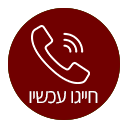Are you suffering from any medical problem? Have you tried everything and did not work?
There is no reason to be desperate at all.
Write to me through WhatsApp or Email regarding the problem you suffer from and I shall personally return to you with an accurate reply about what to do
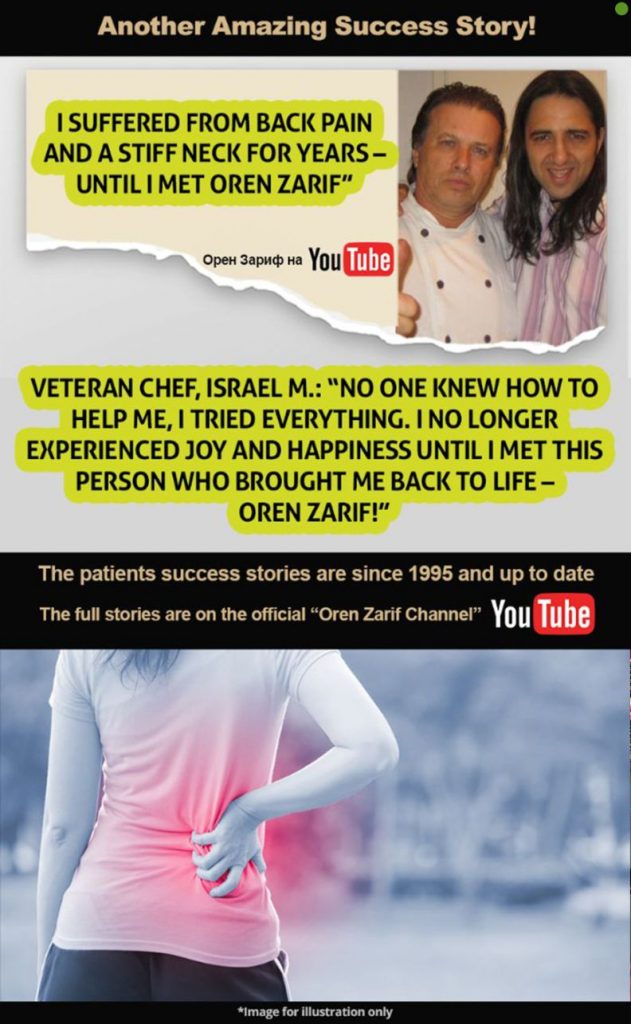

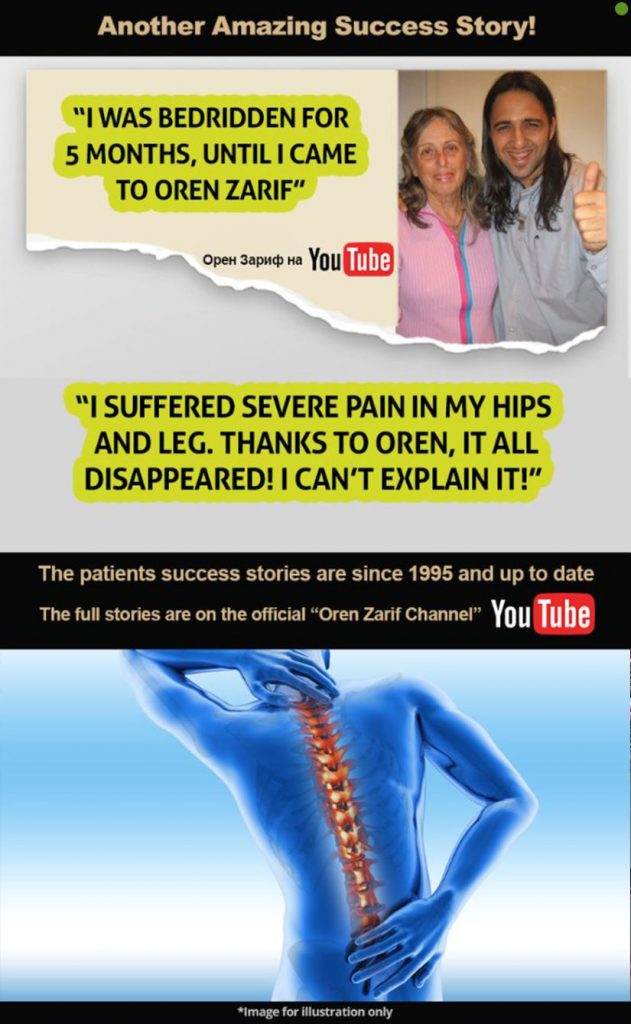
Treating Disc Herniation Symptoms: Cervical disc herniation may cause weakness, numbness, and pain in your hands, arms, and even fingers. In most cases, cervical discs happen when you’re between thirty and 50 years old. In rare cases, injured discs may arise from some kind of trauma or accident to the cervical region. Herniated or bulging disks are often accompanied by weakness and tingling sensations. These are all signs of herniating disc disease, which may be responsible for the symptoms of cervical disc herniation.
Painful herniating disc symptoms include weakness and tingling in the extremities; a reduction in hand strength; and difficulty moving the joints. In some cases, disc degeneration of the discs is also a contributing factor to the symptoms. Disc degeneration is a condition that occurs when tiny bones in the spine lose their mineral and protein content, causing them to become less dense and thus less stable. This makes it more difficult for the spinal nerve to move signals from the brain to the extremities.

As described above, the typical symptoms of herniated disks include weakness, numbness and tingling sensations in the extremities. However, there are several other symptoms that may occur as well. Other symptoms of lumbar spine may include backache, muscle and ligament strain, and even pain and swelling in the legs. You should never ignore any herniated disc symptoms, especially if they occur along with other symptoms. If left untreated, your herniated disc could progress to be a greater problem.
Many people who have nerve root problems are also likely to experience a loss in bowel control. If you have been experiencing a herniating disc in the spine, it is likely that your bowel control has also been affected. Since the nerves controlling bowel control pass through the discs, a loss of control can force you to have issues with constipation and/or diarrhea. Since these are two typical symptoms of disc herniation, the only way to treat them will be to treat your back problems and restore your bowel control. A specialized physician will be able to recommend special exercises that will help you strengthen and re-establish your lower bowel control.
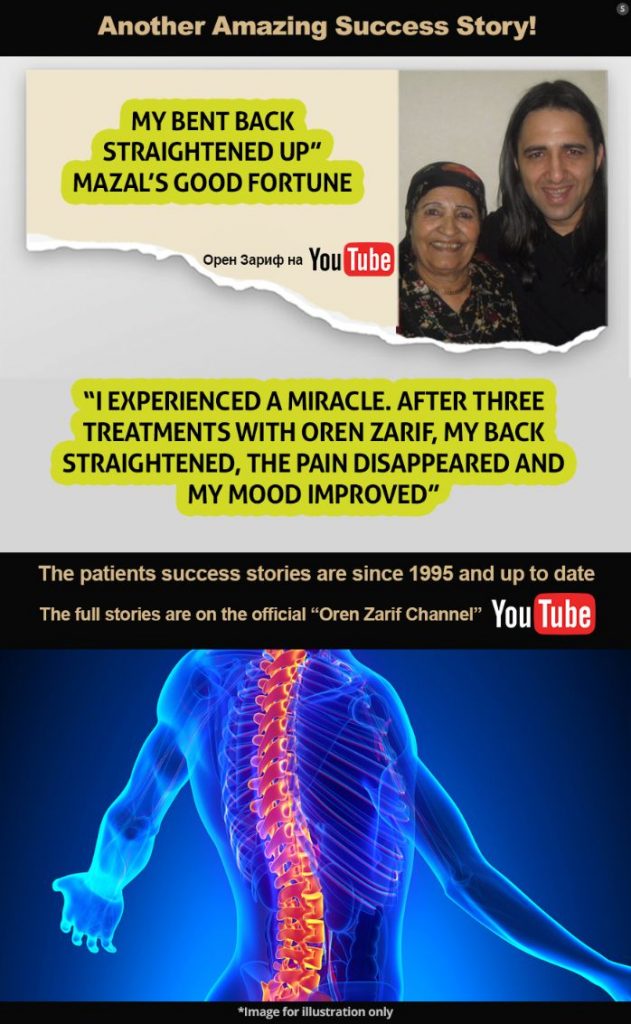
Another common herniated disc symptom that many people experience is a pinched nerve in the back. This symptom is often experienced by patients who have had back surgery, or who have developed the condition due to a prior injury or surgery. A pinched nerve in the back may occur when the bulging disc puts pressure on nerves that are lined along the spine. This pressure may occur as a result of spinal stenosis, or as the result of spinal stenosis and/or a pinched nerve in the lumbar region. If your doctor detects a herniated disc in your spine, he may recommend the use of pain killers and/or a traction device to relieve the pain.
People who perform physical therapy exercises are also likely to encounter a wide variety of lower back problems, including herniated, bulging, degenerative disc symptoms. These patients typically have spinal discs that are compressed either by spinal vertebrae structure itself, or by weight-bearing structures such as ligaments and shock absorbers. Spinal discs are made up of the nucleus pulposus, collagen, and bony matrix that make up a soft inner core called the nucleus pulposus. The outer layer, the annulus fibrosus, is made up of a fatty substance and is called the annulus.
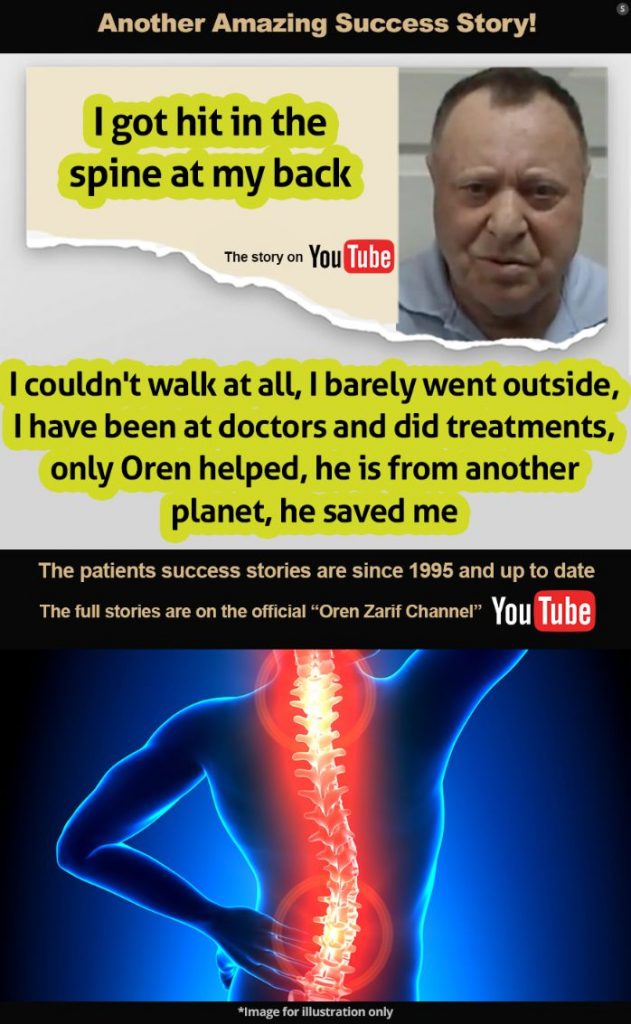
The nucleus pulposus can move out of place due to spinal trauma, disease, or abnormal anatomy. As this outer ring of tissue becomes stretched out, it starts to push against the inner ring, creating what is called compression. With compression comes the formation of osteoarthritis, which can cause pain, tingling, numbness, or weakness in the legs. When the disc degeneration process occurs with spinal discs, the inner ring starts to push against the softer, brittle outer ring of the disc material.
A herniated disc refers to an injury that puts pressure on spinal nerves. Disc herniation symptoms can include severe pain, numbness, and tingling, even though the injury itself has not physically affected the spine. When a herniated disc protrudes through a small opening, it is often referred to as a bulge. However, when the protrusion extends beyond the opening of the disc, it becomes a herniated disc.



















